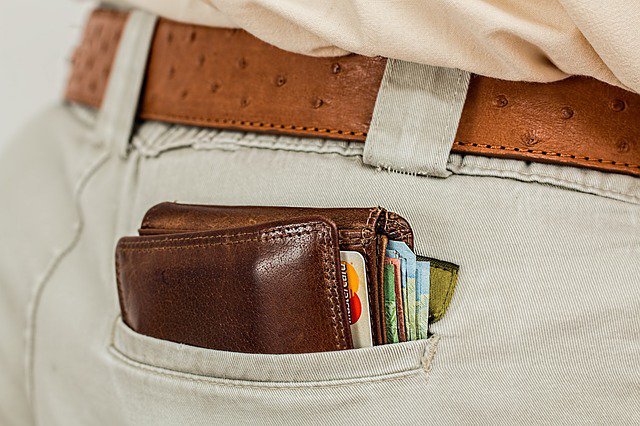Crunch time: Tough economic times sees consumer cut-back
Updated | By Wendy Knowler
Most South Africans' income hasn't kept pace with the very steep increase in the cost of living - fuel, food and municipal bills, for starters.

Listen to Wendy as she talks about the topic in the podcast or read more below.
Since June, South Africa has officially been in a recession and belt tightening has become a national sport, with many people now on their last belt notch.
BMi Research asked a sample of South Africans for very specific detail on the sort of adjustments and sacrifices they’ve made to reduce their monthly grocery spend and here are some of the answers they've recieved:
Consumers are doing their homework before making purchases, researching prices before they leave home and dropping loyalty to certain product brands or stores in order to acquire the best deal.
Instead of buying in bulk to save, consumers are buying smaller amounts of what they want in order to save at the till. That makes sense - if you only have access to a small amount of money at any given time, you tend not to buy as much as you need.
ALSO READ: Customer services lapses - What not to do
That saddens me because in most cases, the small packs work out to cost the most per gram or millilitre. And it’s those small packets or single use sachets of, for example, coffee, that you find in spaza shops, being bought by the poor.
Consumers are buying multi purpose cleaners to get the housework done rather than buying a whole lot of different products marketed for the kitchen, bathroom, and toilet.
Many consumers have also started buying refill packs as opposed to original packs of products, and frozen vegetables instead of fresh produce as they last longer and there’s no wastage.
There’s been a swing to the cheaper supermarket house-brands, although I’d caution people not to assume they are always cheaper. Always check the prices. But yes, it's generally a good idea because there’s no value in cool packaging.
Here are some of the things that people have completely scratched off their shopping lists:
Bath foam and salts
Branded body soap for kids
Cheese spread
Double ply toilet paper
Ice-cream
Breakfast cereals
Syrup
Tomato sauce
What should be on that list is coffee creamers instead of, or in addition to, milk. They are regarded as an essential by the poorest of the poor in this country despite being pricey and not at all healthy. What they are is a cocktail of vegetable fat, sugar, preservatives and colourants.
I can’t believe how many people still buy supermarket bags at more than 50c each, rather than taking their own while out shopping.
I no longer buy those packs of 100% fruit juice as my son chooses to drink water instead. I used to buy pricey fresh blueberries and raspberries routinely; now I usually wait for the markdowns.
And there’s far less impulse buying - “Ooh, that looks nice, I’ll pop that in the trolley”. Now I think far more carefully about my wants versus my needs.
But the one thing I really don’t want to go without is butter, which is getting harder and harder. The price and availability of 500g bricks of local butter have got a lot worse since our butter show of three weeks ago. The cheapest I could find this week was 500g of imported butter at a whopping R86! Crisis!
ALSO READ: Online scams: Spot them before they catch you
We asked listeners about what products they’ve slashed from their supermarket shopping lists in response to crunch time.
Butter came up - "I've switched to marg", said one. Another said she'd invested in a few chickens to supply her with eggs.
Milo is no longer a routine purchase for one.
Meat was off the list of another, along with expensive cleaning products. "Old fashioned vinegar and bicarbonate do the job at a fraction of the price".
So, we could ask listeners how have they adjusted their spending - what products or brands have they dropped because they can’t afford them anymore? What products can they not do without, no matter what?
Are women buying supermarket box dye instead of going to the hairdresser?
Is meat now a luxury?
In a recent Times column, I used the tissues example to make my point that there’s money to be saved and lots of it collectively only if we buy for function rather than style.
One woman wrote to say that I wasn’t comparing like for like because the budget pack of tissues don't seem to “pop up”.
Well, actually they do - she was just assuming that they don’t, thus paying four times more than she could be for tissues.
Show's Stories
-
Food quiz: If your relationship was a meal, what would it be?
If you're struggling to join in on the conversation and describe your re...
Stacey & J Sbu an hour ago -
Vic Naidoo: "It's bittersweet to be saying goodbye to East Coast Radio"
"I've evolved and gone through so many things in KZN and I'm a better an...
Vic Naidoo 2 hours ago